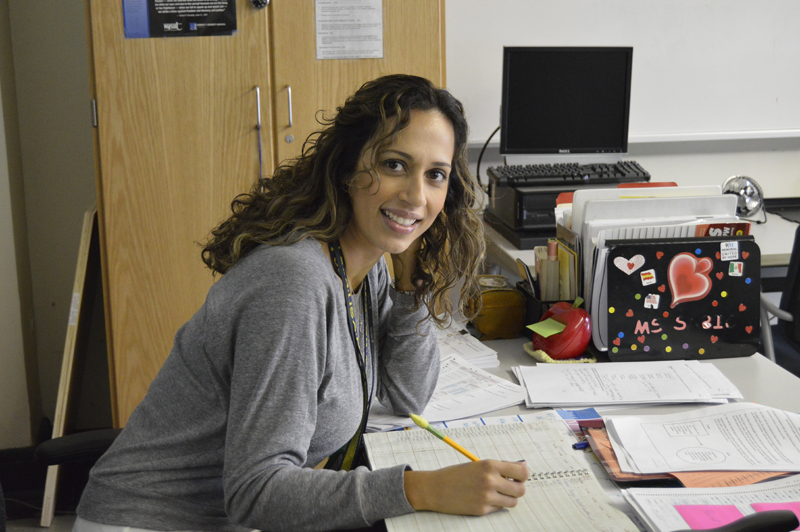Section 5: Treatment and Intervention
179 Help Your Child Get Ready for School
Prepare Yourself
Help Your Child Get Ready for School
Lots of records are needed as we send our children to school. Lists of vaccines, allergies, and medicines are examples, just to name a few. Be prepared and have these items together to lessen your stress when school is just starting.
Medicine
If you will need to send medicine to school, be sure to contact your school to receive the most up to date policies. Have a note from your doctor ready with the correct dosage and times to give to the school.
About my child
Give the school and teacher as much information as you can about your child. Share their strengths and weaknesses, likes and dislikes and other information that you find important. This will allow for the most support and smoothest transition possible before the teacher can really get to know your child.
Emergency contacts
Have an up to date list with correct phone numbers. This will be required by your school, so you can be one step ahead.
Put important dates on the calendar
There will be times throughout the year that you will want to be free to go to school like back to school night, open houses, and conferences among others. Mark these dates on your calendar in advance so you can make the necessary arrangements to attend.
Prepare your Child
Talk about going to school
Make going to school a part of your daily conversations. Books or movies can be used to explore the idea of going to school and can make the experience seem enjoyable. If your child follows a calendar, add a picture of school on the start day so they can anticipate and prepare themselves for that day. The use of social stories would be a great way to explain what the school days might bring and get them ready for the upcoming changes.
Adapt sleeping and eating routines
Summer is a relaxing time when schedules can be adjusted. Start early to get your child back on a sleep schedule that will work for school. This may also affect their eating patterns as well. Think about when breakfast, lunch and snacks will be presented at school and plan accordingly.
Visit the classroom and teacher
 Get in contact with your school’s office to schedule an appointment to meet your teacher and see the classroom. If this is not possible, go see the building and surrounding area to help your child adjust. The playground might be a good place to start.
Get in contact with your school’s office to schedule an appointment to meet your teacher and see the classroom. If this is not possible, go see the building and surrounding area to help your child adjust. The playground might be a good place to start.
Go school supply shopping
If possible, try to involve your child in shopping for their school supplies. This will allow you another chance to talk about school starting and associate fun, new things with school. They may really enjoy picking out their own lunchbox or backpack and this will help get them excited to go to school.
Get school clothes ready
If uniforms or new clothes are going to be worn, think of your child’s needs and help get those clothes ready for them. Wash them well to loosen the material or cut the tags out if those are sensory needs. Allow them to wear these clothes before school starts so that they can get used to them in a comfortable setting.
Create/update a contact list of service providers
This list will help you stay in contact with the right people and make a more direct connection. Keep this list handy with your school documents so that you can reference it as needed.
